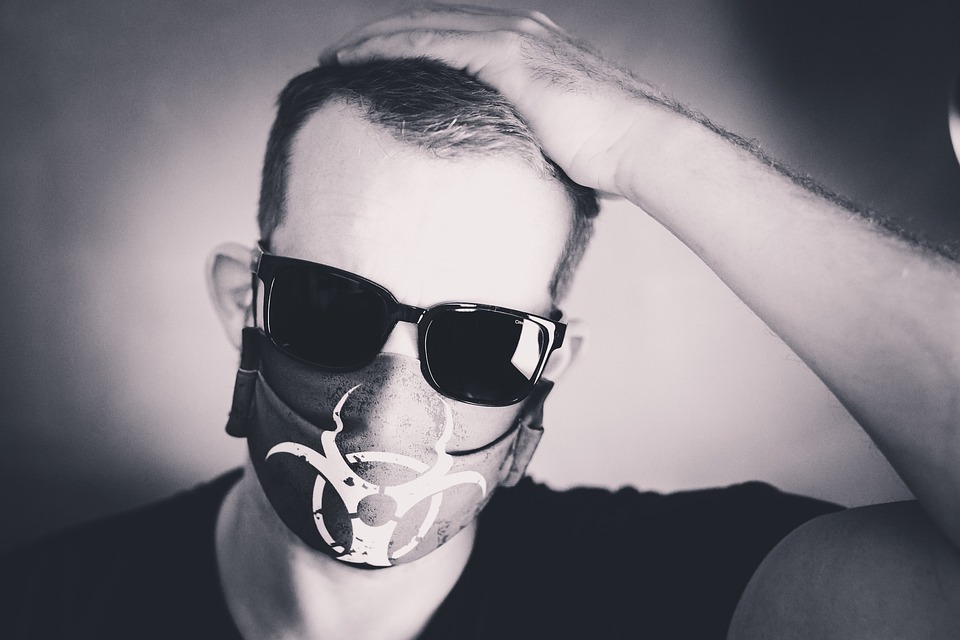[ad_1]
Dialectical Behavior Therapy (DBT) is a type of therapy that combines cognitive-behavioral techniques with mindfulness practices. It was developed in the late 1980s by psychologist Marsha M. Linehan to help people with borderline personality disorder, but has since been adapted for use with a variety of mental health conditions.
One of the key components of DBT is the concept of radical acceptance. This means accepting things as they are, without judgment or resistance. It is about acknowledging the reality of a situation, even if it is painful or difficult, and letting go of the need to change or fix it.
In London, there are many experts who have mastered the art of DBT and understand the power of radical acceptance. They have seen firsthand how this practice can transform the lives of their clients, helping them to cope with challenging emotions and situations more effectively.
One such expert is Dr. Sarah Jones, a clinical psychologist who specializes in DBT at a prominent clinic in London. She explains, “Radical acceptance is all about letting go of the struggle against reality. It’s about acknowledging and embracing the present moment, no matter how difficult it may be. This can be incredibly liberating for people who are used to constantly fighting against their circumstances.”
Dr. Jones goes on to explain that radical acceptance can be particularly helpful for those struggling with anxiety, depression, trauma, and interpersonal conflict. By learning to accept and validate their experiences, clients can begin to make peace with their emotions and take steps towards healing and growth.
Another expert in London who champions the power of acceptance in DBT is mindfulness practitioner and therapist, Zoe Patel. She emphasizes the importance of cultivating a nonjudgmental attitude towards oneself and others, in order to foster greater compassion and understanding.
“Through the practice of radical acceptance, clients can learn to let go of their inner critic and develop a more compassionate relationship with themselves,” says Patel. “This can be incredibly transformative, leading to greater emotional resilience and self-acceptance.”
In DBT, radical acceptance is often paired with other skills such as distress tolerance, emotion regulation, and interpersonal effectiveness. Together, these skills form a comprehensive toolkit for managing emotions and building healthier relationships.
If you are in London and struggling with difficult emotions or relationships, seeking out a therapist who specializes in DBT could be a valuable next step. By learning to cultivate radical acceptance, you can begin to find greater peace and meaning in your life, no matter what challenges come your way.
[ad_2]

